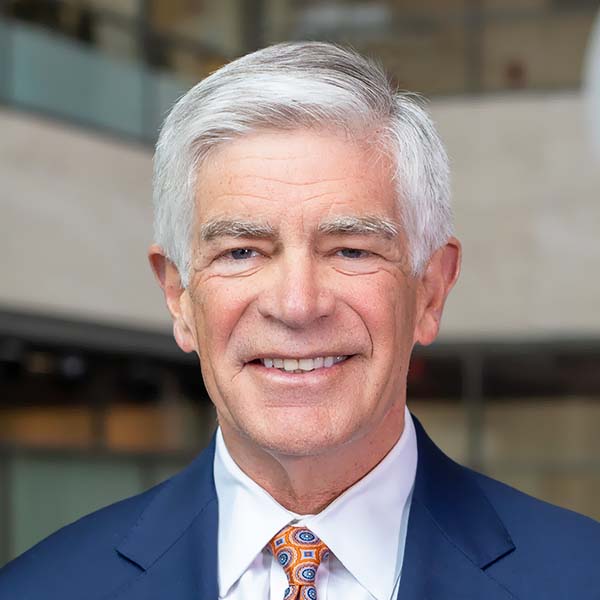Good morning and welcome. I’m a big fan of bridging conversations across disciplines, so I want to applaud Larry and the team at the Consumer Finance Institute for pulling together such an eclectic — and esteemed — group of experts, including my old friend and former colleague, Colin Camerer.
Economics may be the dismal science, but it’s far from an exact one. And despite the myriad tools and equations at our disposal, there’s one remarkably unpredictable variable that forever complicates the results: human behavior. Neuroeconomics is relatively new territory, but it’s important to seek out new insights — in fact, we could use a little more of it. Given humanity’s inherently capricious nature, the more expertise and angles of analysis, the better. The richness of context it adds is more important now than ever, as the U.S. economy ventures into new territory: As AI and machine learning fundamentally alter the unfolding employment landscape; as a new economic normal takes hold, even as a record-long expansion continues; and as many of our traditional models and modes of assessment have begun to lose their predictive and evaluative prowess.
I have a background in engineering, so it’s in my DNA to take a step back every once in a while and reassess structures: Do we have all the information we need? Are we still using the right models? Is there new analysis or insight that could make them more effective? And, crucially, do we know what we don’t know?
I’m not saying we should throw out the old tools. But I do think we should contextualize them in the light of new information. And I do think it’s important to solicit information from outside traditional bounds.
The economy is not a fixed structure; it’s an ecosystem — a living, breathing organism informed by the people and entities that comprise it. As a policymaker, my judgment is influenced by the behaviors and patterns I see as much as by economic orthodoxy. And at a time when far more of the variables appear to be uncertain — or unruly — new insights are especially valuable to the discipline and study of economics.
So I’m very pleased that we could host this discussion today, and with that, let me turn the floor over to Bob Hunt.
The views expressed here are the speaker’s own and do not necessarily reflect those of anyone else in the Federal Reserve System.
View the Full Speech
